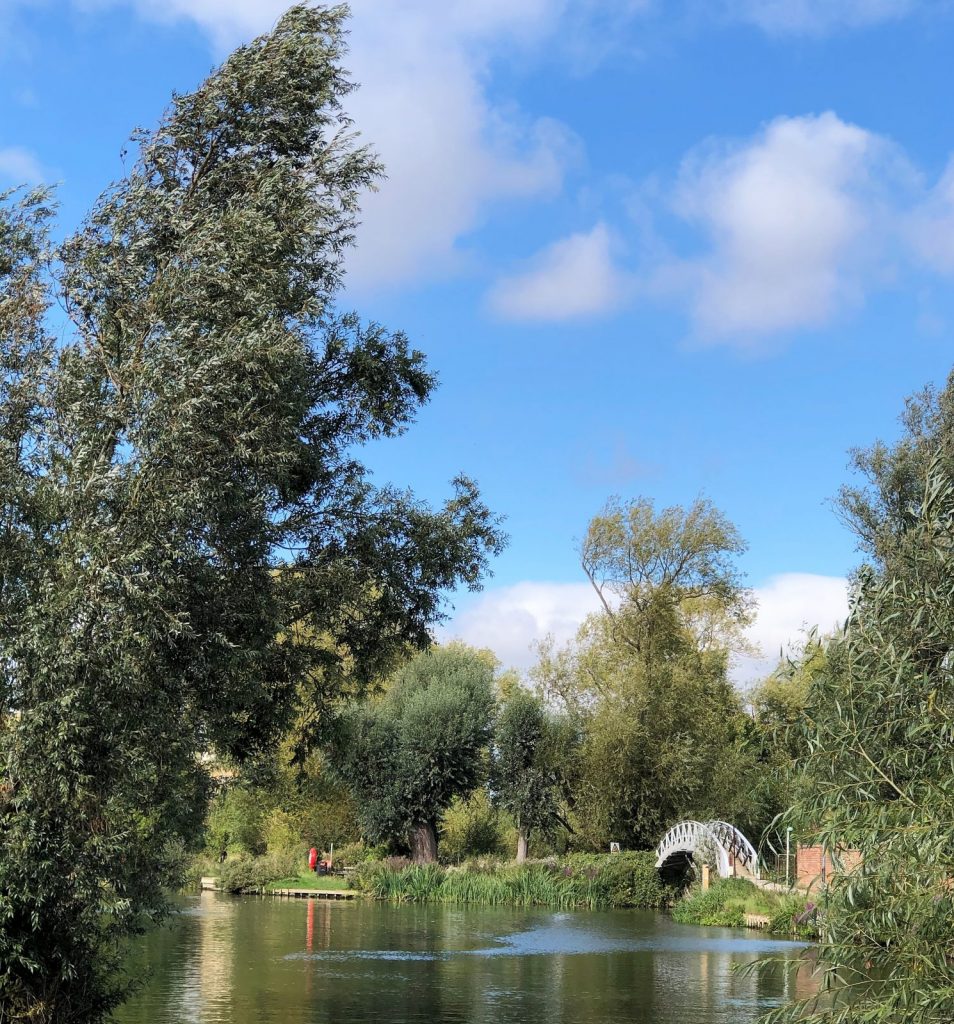 So, after Paul the Apostle’s lightning bolt encounter with the Risen Christ on the road to Damascus, he went into the desert, he tells us…
So, after Paul the Apostle’s lightning bolt encounter with the Risen Christ on the road to Damascus, he went into the desert, he tells us…
And there, he received revelation, visions, and had divine encounters. There he pondered on the simple teachings of Jesus in the context of the logic and story of the Old Testament. There he came up with Big Word Theology… Atonement, Justification, Sanctification, Passive Righteousness, and worked out the beautiful, intellectually challenging doctrines of Romans and Galatians. In the desert.
The same Judean desert, where Jesus fasted for forty days before starting his active ministry. Where Moses encountered God. Where David turned from a shepherd to a leader and a King, and more, a man after God’s own heart. Where Elijah in the throes of a nervous breakdown hears God in a gentle whisper.

England, where I live, like most of the world is going through a desert experience of continuing partial lockdowns. Covid-19 spreads through human contact and social life, and so we must refrain from those great pleasures. We are invited to the desert, a harsh place where pruning can occur, and spiritual fruitfulness.
A plague like this has not been known for a hundred years… John Piper, after his cancer diagnosis, exhorted people, “Don’t Waste Your Cancer”—since this was the experience God permitted you to have, and He can bring gold from it. Pandemics and plagues are permitted (though not willed or desired) by a Sovereign God, and he can bring life-change out of them.
Let us not waste this unwanted, unchosen pandemic, this opportunity for silence, solitude and reflection. Let’s not squander on endless Zoom calls—or on the internet, which, if not used wisely, will only raise anxiety levels. Let’s instead accept the invitation to increased silence and reflection
Let’s use the extra free time that many of us have long coveted and which has now been given us by Covid-19 restrictions to seek the face of God. To seek revelation. To pray.

And to work on those projects of our hearts which have been smothered by noise, busyness, and the tumult of people and parties. To nurture the fragile dreams still alive in our hearts. The long-deferred duty. The vocation or call we have ignored or procrastinated on obeying.
Write the book, declutter the house, get your body strong. Don’t waste the opportunities to mine for the treasures of darkness during this prolonged period of global upheaval.


 I returned home from boarding school in Nainital in the Himalayas, aged ten, to find everything in my father’s life had changed. He, aged 56, had taken up yoga. And so our mornings became dramatic with simhasana, the lion’s roar, which punctuated the hour long yoga session, which was precious to him, and soon became indispensable to his peace, mental wellness, ability to cope with stress, and, of course, to his physical strength and flexibility.
I returned home from boarding school in Nainital in the Himalayas, aged ten, to find everything in my father’s life had changed. He, aged 56, had taken up yoga. And so our mornings became dramatic with simhasana, the lion’s roar, which punctuated the hour long yoga session, which was precious to him, and soon became indispensable to his peace, mental wellness, ability to cope with stress, and, of course, to his physical strength and flexibility.







 I had a fascinating conversation over a church lunch with a retired British missionary who had worked in Indonesia for 45 years. He had a boyish smile, and sparkling eyes.
I had a fascinating conversation over a church lunch with a retired British missionary who had worked in Indonesia for 45 years. He had a boyish smile, and sparkling eyes.
